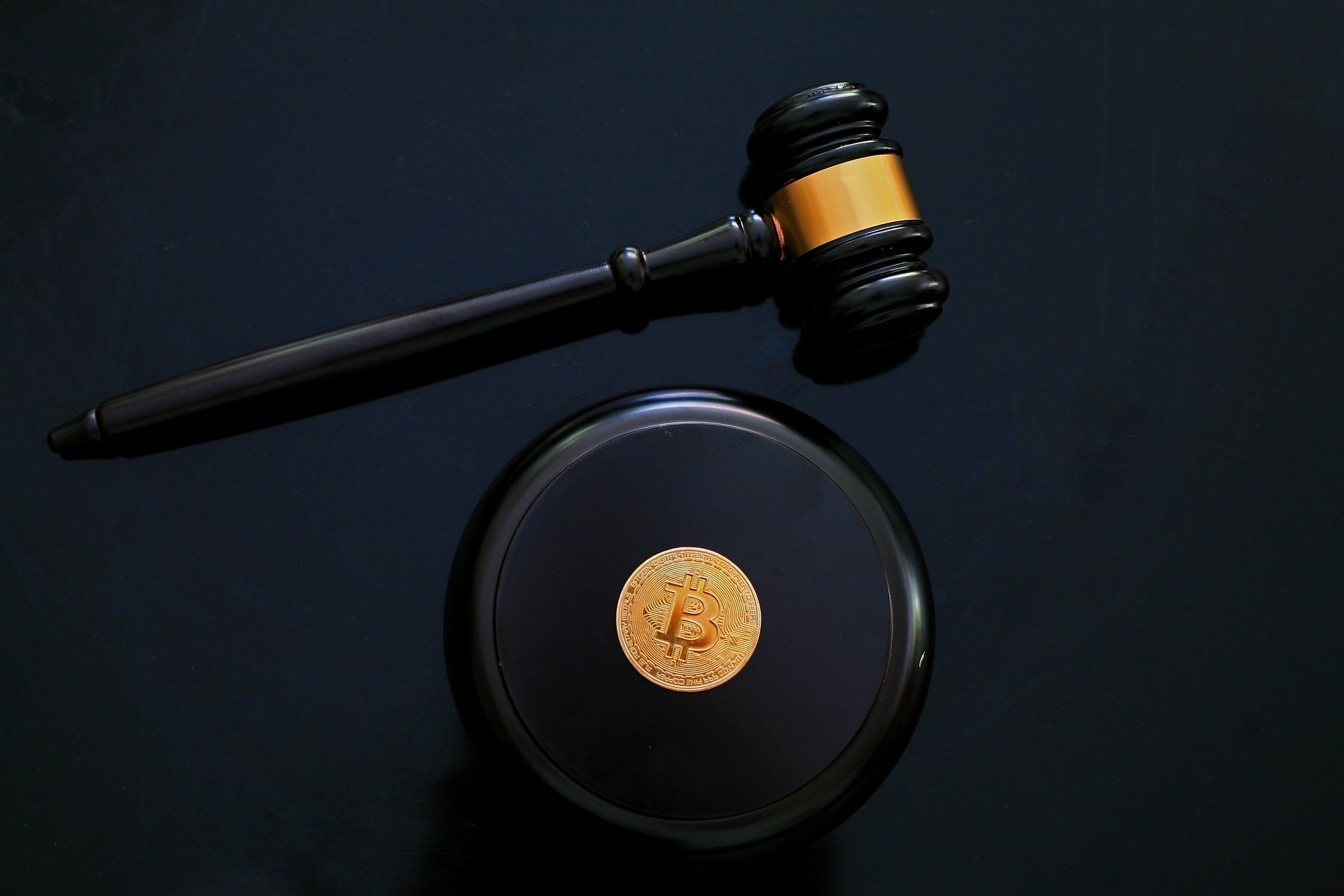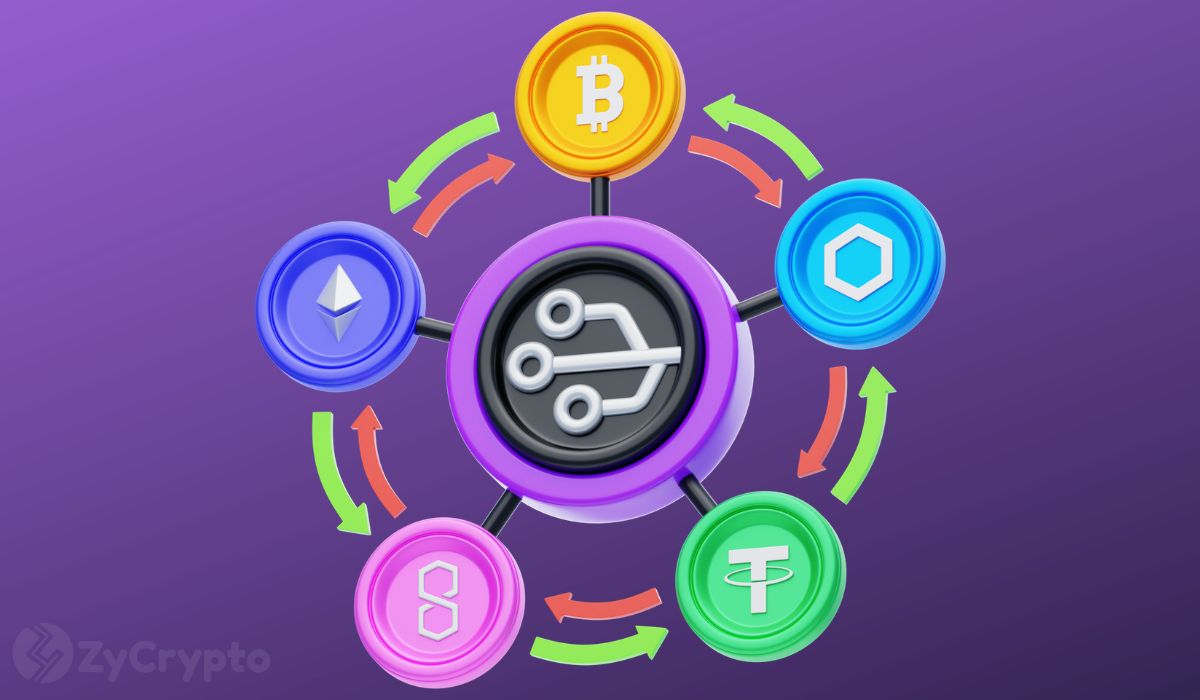FIU's Notice to Binance & Others: Boon for Indian Crypto Exchanges?
Why did FIU send a notice to Binance and other major crypto exchanges? In December 2023, the FIU of India issued notices to Binance and other major crypto exchanges. This was a part of its compliance...

Why did FIU send a notice to Binance and other major crypto exchanges?
In December 2023, the FIU of India issued notices to Binance and other major crypto exchanges. This was a part of its compliance enforcement action under the Prevention of Money Laundering Act (PMLA).
These notices targeted offshore Virtual Digital Assets Service Providers (VDA SPs) operating in India. The entities lacked proper registration and did not adhere to anti-money laundering (AML) and counter-terrorism financing (CTF) laws. Therefore, a two-week ultimatum was given.
Understand the broader implications of regulatory changes by exploring how fintech and blockchain are impacting the financial landscape.

The reason behind FIU’s notice to Binance – Image via Freepik
Nine exchanges that received the FIU notice
So, a total of nine exchanges received the aforementioned notice. Take a look:
- Binance
- KuCoin
- Huobi
- Kraken
- Gate.io
- Bittrex
- Bitstamp
- MEXC Global
- Bitfinex
Potential for blocking the URLs
The FIU took this regulatory enforcement a step further by requesting the Ministry of Electronics and Information Technology (MeitY) to block the URLs of the mentioned offshore VDA SPs. This will effectively prevent them from offering services to Indian users. Additionally, this will reinforce that they do not circumvent the legal framework.
Impact of FIU’s notice on Indian exchanges
The FIU’s notice has the potential to impact Indian crypto exchanges in both positive and negative ways. Here’s a breakdown:
Potential boon
Given below are the benefits Indian exchanges might get to enjoy. Take a look:
Increased market share
With major international platforms facing restrictions, Indian crypto players predict an influx of users seeking compliant domestic platforms. Many companies are actively developing mechanisms to facilitate the transfer of investments from offshore exchanges back to Indian platforms, aiming to capitalize on this opportunity.
Future projections
The introduction of TDS initially led to reduced domestic trading volumes as investors explored international alternatives. Despite some resistance and calls for lower TDS rates, the new framework could incentivize the strengthening and innovation of local platforms, keeping capital within the country and creating opportunities for new entrants.
Projections by KuCoin, indicate that by 2030 the Indian crypto market could expand to a substantial $241 million. This exemplifies the potential of crypto in the domestic market.
Inspired by the evolving market? Follow our tutorial on how to start a crypto exchange in nine easy steps.
Enhanced regulatory clarity
The FIU’s action sends a strong message about India’s commitment to regulating the crypto space. This could pave the way for clearer regulations. Consequently, this would benefit all exchanges by providing a stable and predictable operating environment.
Increased security
Mandates from the FIU might lead exchanges to bolster their security measures and AML protocols, reducing the risk of fraudulent activities and hacks.
Boost in investor confidence
Following FIU guidelines can align Indian exchanges with global standards, facilitating easier international collaborations. This move can restore investor confidence in the Indian crypto market, attract new investments, and fuel further growth.
Compare the evolving landscape by reviewing the 11 best crypto exchanges in the UK, offering insights into global market trends.

Will the Indian exchanges benefit from FIU’s notice?
Potential challenges
Now, let’s unravel the possible hindrances that Indian exchanges might face.
Operational challenges
Implementing the guidelines may require exchanges to overhaul their systems, leading to temporary disruptions. This could also lead to increased operational costs, which can be challenging for smaller exchanges or new entrants in the market.
Potential reduction in anonymity
The imposition of stringent KYC and AML norms may deter privacy-conscious individuals. It can cause a contraction in the user base and potentially limit the growth and adoption of the platform.
Potential for overregulation
There’s always a risk that overzealous regulation could stifle innovation and become a hurdle in the crypto market. Stricter regulations might put Indian exchanges at a competitive disadvantage compared to those in more lenient jurisdictions, possibly diverting traffic and investment to those areas.
Reduced liquidity
With major players potentially blocked, overall liquidity in the Indian crypto market might take a hit, impacting trading volumes and price volatility.
Future of Web3 in India: The Bharat Web3 Association (BWA)
BWAmarks a pivotal advancement in India’s digital asset and blockchain sector. It pools the expertise of leading Web3 platforms, including Polygon, Biconomy, CoinDCX, and CoinSwitch, to foster a robust ecosystem.
The platform is committed to propelling India into a leadership position in global Web3 innovation through comprehensive strategies like enhancing industry awareness and developing talent.
Central to its mission is facilitating strategic dialogues with industry, government, and regulators to advocate for a balanced regulatory environment and promote standardized principles for the burgeoning crypto realm.
Gain insights into what the future holds for crypto with a thorough analysis of the future of crypto in the next five years.

Navigating India’s crypto laws – Image via Pixabay
Anti-Money Laundering (AML) compliance
To get an in-depth understanding of FUI’s actions, let’s take a look at the applicable laws:
Prevention of Money Laundering Act (PMLA)
The PMLA, 2002, is a legislative act in India aimed at preventing money laundering activities. It was enacted on July 1, 2005. Under the PMLA, money laundering is defined as acquiring, owning, possessing, or transferring any proceeds of crime, knowingly involving such proceeds in any activity, or concealing or aiding in the concealment of the true nature of these proceeds.
The act imposes an obligation on banking companies, financial institutions, and intermediaries to verify the identity of clients, maintain records, and furnish information to the FIU. It also outlines the process for attachment and confiscation of the property of an individual if they are found to be involved in money laundering.
It mandates rigorous imprisonment for the individuals found guilty of the offense of money laundering. The PMLA is amended periodically to align with the evolving international standards and to effectively combat money laundering and related offenses.
Applicability of PMLA to crypto platforms
Until recently, crypto platforms operated in a regulatory grey area regarding AML compliance. However, in March 2023, VDA SPs were incorporated into the AML-CFT framework.
To date, 31 VDA SPs, including prominent names such as CoinDCX, WazirX, Coinswitch, CoinswitchX, and Zebpay, have registered with the FIU. The following are the key legal obligations for crypto businesses operating in India:
- Registration with FIU: Crypto businesses are required to register with the FIU. This includes both onshore and offshore VDA SPs that engage in various activities, such as the exchange between virtual digital assets and fiat currencies, the transfer of virtual digital assets, and the safekeeping or administration of virtual digital assets.
- Compliance with AML-CFT obligations: Once registered, crypto businesses must implement robust procedures for customer due diligence, which includes Know Your Customer (KYC) verifications.
- Record-keeping and reporting: Crypto businesses are required to maintain detailed records of all transactions for a specified period and furnish information to the FIU as per the guidelines. They must report any cash transactions over a certain threshold and all suspicious transactions, irrespective of the amount.
Stay safe out there and explore various lesser-known strategies that work for earning passive income with cryptocurrencies.
Crypto tax in India
In addition to regulatory compliance, the Indian government has imposed stringent taxation measures on cryptocurrencies, significantly impacting the sector. The imposition of a 1% Tax Deducted at Source (TDS) on crypto transactions exceeding $600 (₹50,000) in one fiscal year and a 30% tax on profits have notably dampened the trading atmosphere within the previous year.
The sector has further faced challenges due to calls by senior Reserve Bank of India (RBI) officials for a crypto ban and the downfall of major entities like FTX. Such developments have soured market sentiment, leading to a decrease in funding and the eventual cessation of operations by several crypto platforms.

Regulatory uncertainty in the crypto market – Image via Pixabay
The takeaway
In conclusion, FIU’s notice to Binance and other cryptocurrency exchanges operating in India is a crucial development that reflects the government’s growing focus on regulating the cryptocurrency market. While it may pose challenges for some exchanges in the short term, it also presents an opportunity for the Indian crypto industry to mature and gain credibility.
As regulatory clarity emerges, investors and traders can expect a safer and more stable environment. Indian crypto exchanges have an opportunity to collaborate with regulators and build trust, potentially leading to broader adoption and growth in the long run. The evolving landscape underscores the need for vigilance and adaptability in the dynamic world of cryptocurrencies.
Delegate Your Voting Power to FEED DRep in Cardano Governance.
DRep ID: drep12ukt4ctzmtf6l5rj76cddgf3dvuy0lfz7uky08jfvgr9ugaapz4 | We are driven to register as a DRep by our deep dedication to the Cardano ecosystem and our aspiration to take an active role in its development, ensuring that its progress stays true to the principles of decentralization, security, and community empowerment.DELEGATE VOTING POWER!








